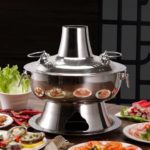There are quite a few bad habits that people often overlook in their daily lives, and these can be the causes of various health issues. In addition to well-known culprits such as alcohol, cigarettes, and processed meats, certain common foods can increase the risk of esophageal cancer. Let’s explore these five less-known dietary culprits:
1 Hot Foods Above 60°C
According to the World Health Organization (WHO), consuming foods at temperatures above 60°C can increase the risk of esophageal cancer. Typically, the esophageal mucosa can only withstand temperatures of around 40-50°C. Therefore, consuming very hot foods over a prolonged period can lead to mucosal damage, esophageal burning or ulcers, and even esophageal cancer.
So, if you have a habit of enjoying very hot soups, drinks, or spicy hot pots and barbecues, it’s best to let them cool down a bit before consumption for the sake of your health.
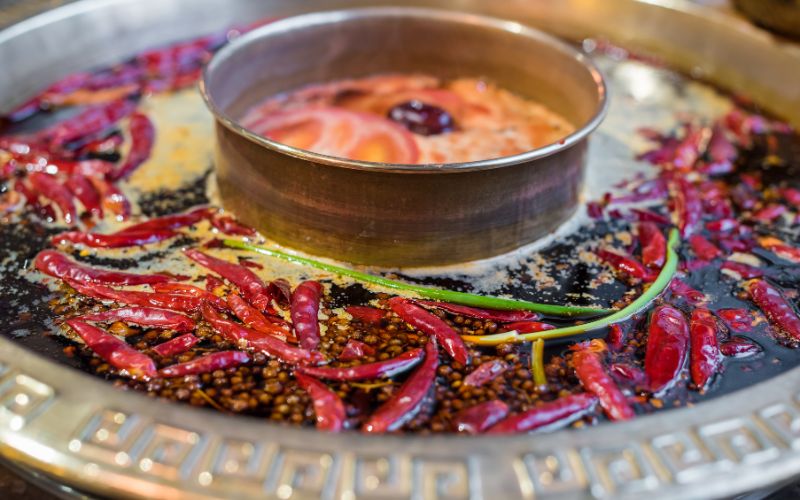 Hot Foods Above 60°C
Hot Foods Above 60°C
2 Raw and Tough Foods
Consuming raw and tough foods can lead to esophageal abrasion and irritation, especially if swallowed forcefully. This is especially true for foods with sharp edges, spikes, or intense flavors like sourness, spiciness, or saltiness. These can increase the risk of esophageal mucosal damage.
Many people have a habit of chewing and swallowing shrimp or crab shells. If not chewed thoroughly, these sharp fragments can scratch or tear the esophagus, leading to inflammation and, in severe cases, cancerous growths.
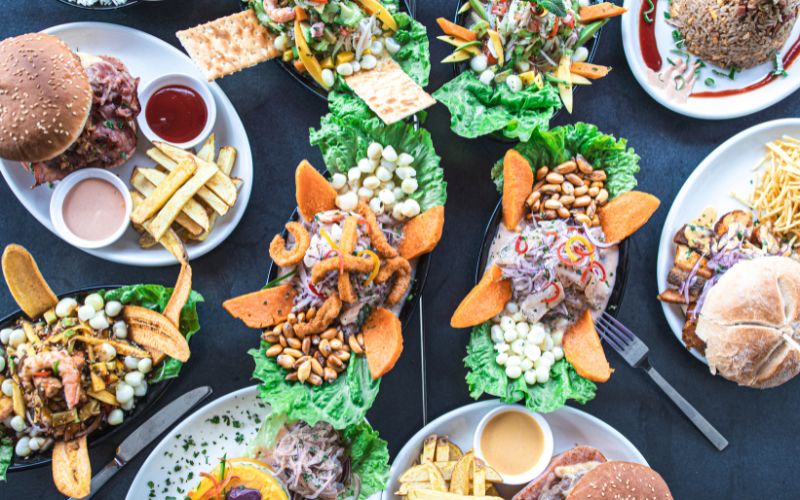 Raw and Tough Foods
Raw and Tough Foods
3 Smoked and Barbecued Foods
While smoked and barbecued foods are beloved for their delicious flavors, they are not entirely beneficial for the health of the stomach and esophagus.
The cooking process for these foods can generate polycyclic aromatic hydrocarbons (PAHs), which are potential carcinogens when consumed in large quantities. Moreover, the smoke produced during barbecuing meat is also harmful to health.
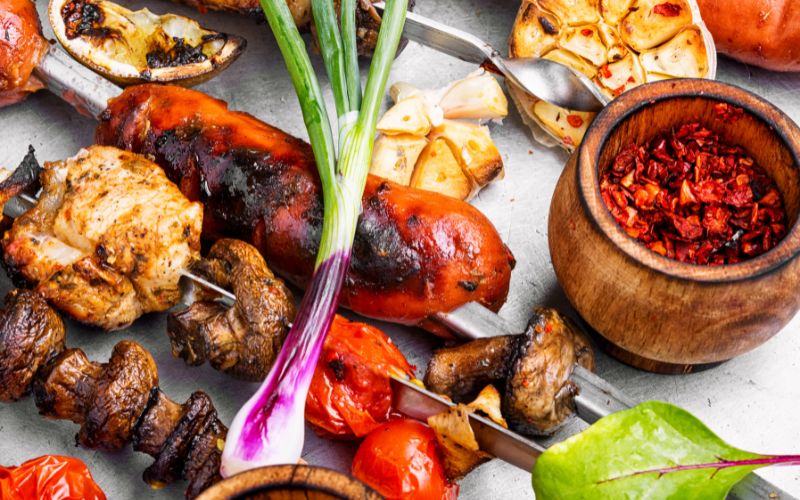 Smoked and Barbecued Foods
Smoked and Barbecued Foods
4 Pickled and Fermented Foods
Pickled and fermented foods are popular in Vietnamese cuisine as they help stimulate the appetite and enhance the dining experience. However, excessive consumption of these foods can be detrimental to health.
During the pickling process, if proper care is not taken, nitrosamines can be produced, which are known to increase the risk of esophageal cancer. So, while enjoying these foods in moderation is fine, be mindful not to overindulge.
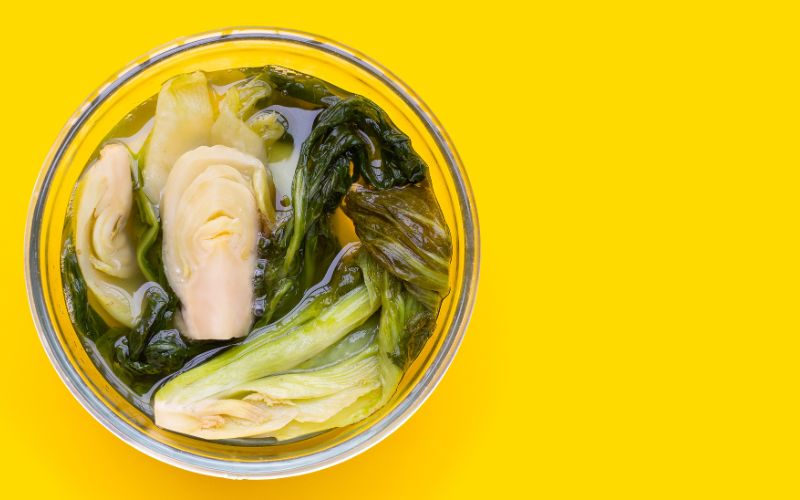 Pickled and Fermented Foods
Pickled and Fermented Foods
5 Processed Foods
Processed foods like cold cuts, ham, bacon, salted, and smoked meats are convenient for busy individuals. However, regular consumption of these foods is not recommended due to their high levels of sodium and nitrosamines, which can be detrimental to health.
Additionally, processed foods may contain harmful substances like tar, nitrites, nitrates, preservatives, and flavor enhancers that can increase the risk of inflammation and cancer in the body if consumed excessively.
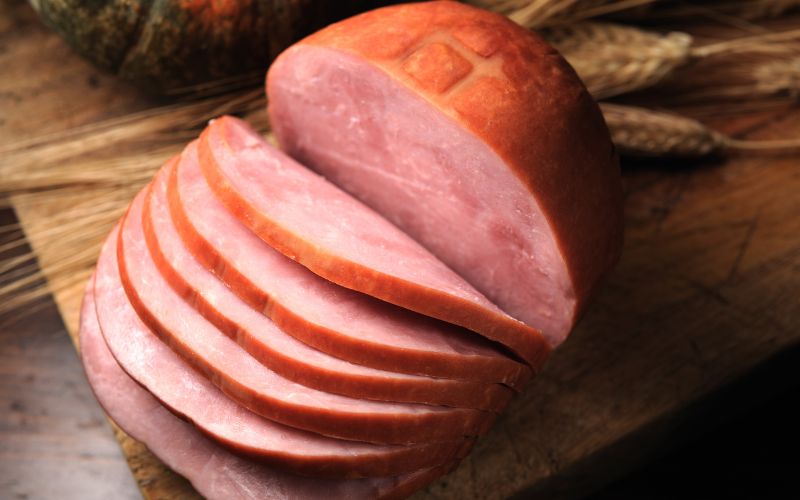 Processed Foods
Processed Foods
Source: PhunuVietNam Newspaper
2. Processed meats: These include bacon, sausage, hot dogs, and ham. The World Health Organization has classified processed meat as a Group 1 carcinogen, directly linked to cancer.
3. Fatty and fried foods: A high-fat diet is associated with an increased risk of esophageal cancer, particularly when coupled with obesity.
4. Alcohol: Excessive alcohol consumption can cause chronic inflammation of the esophagus, increasing the risk of cancerous cell growth.
5. Hot beverages: Drinking very hot beverages can damage the esophageal mucosa, and potentially lead to cancerous changes over time.

























